Align coverage to flight banks, SLAs and safety constraints while keeping payroll accurate. Digital timesheets, award‑aware approvals and mobile alerts help coordinators redeploy teams fast during delays or irregular operations so check‑in, screening and ramp remain fully staffed.
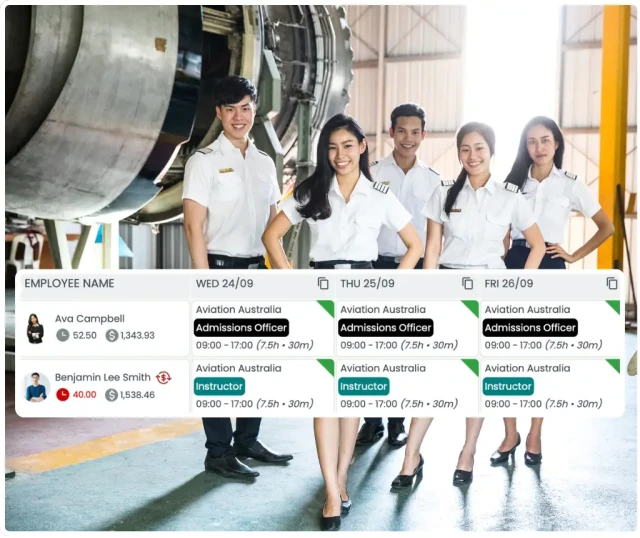
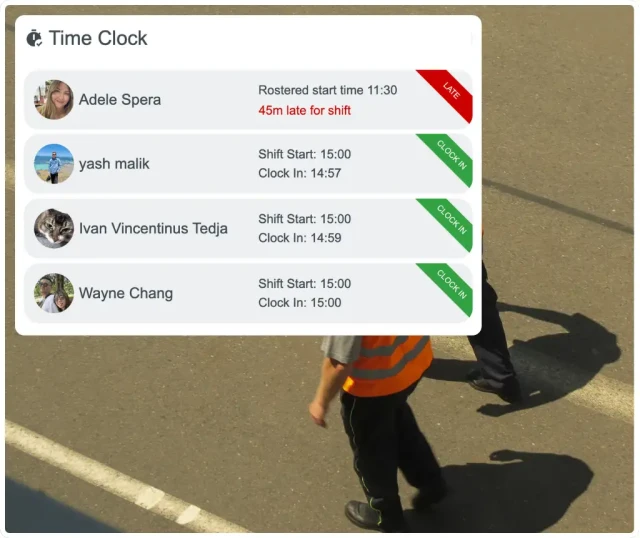

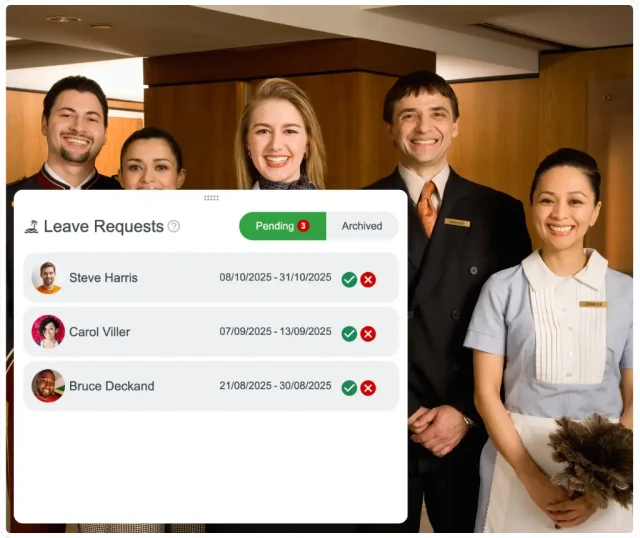
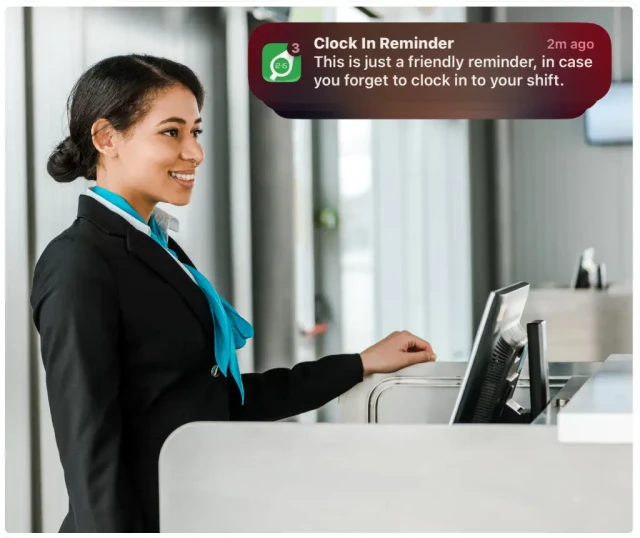

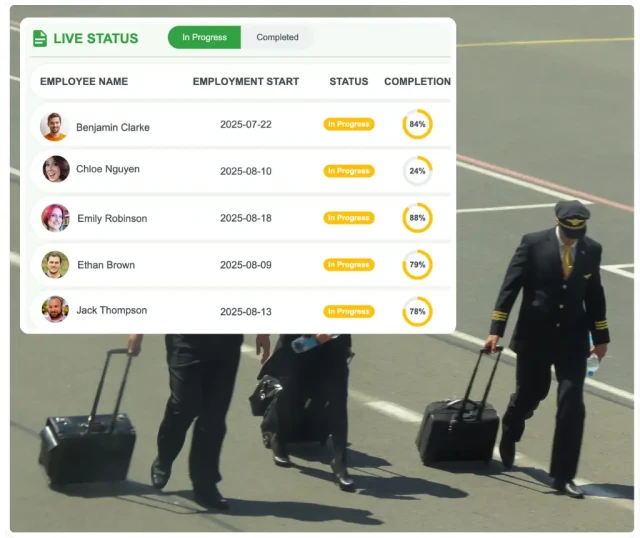
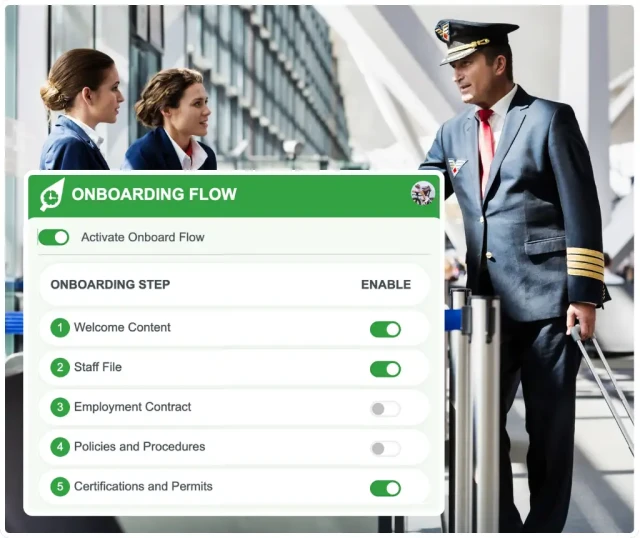
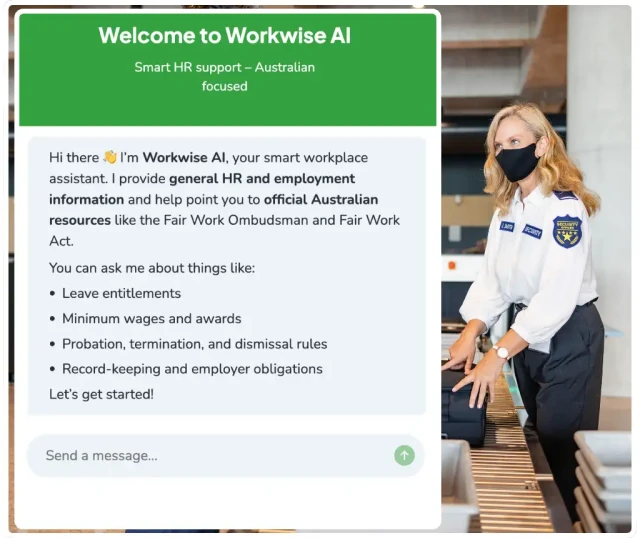
Rostering and Payroll Software Questions? We have the answers.